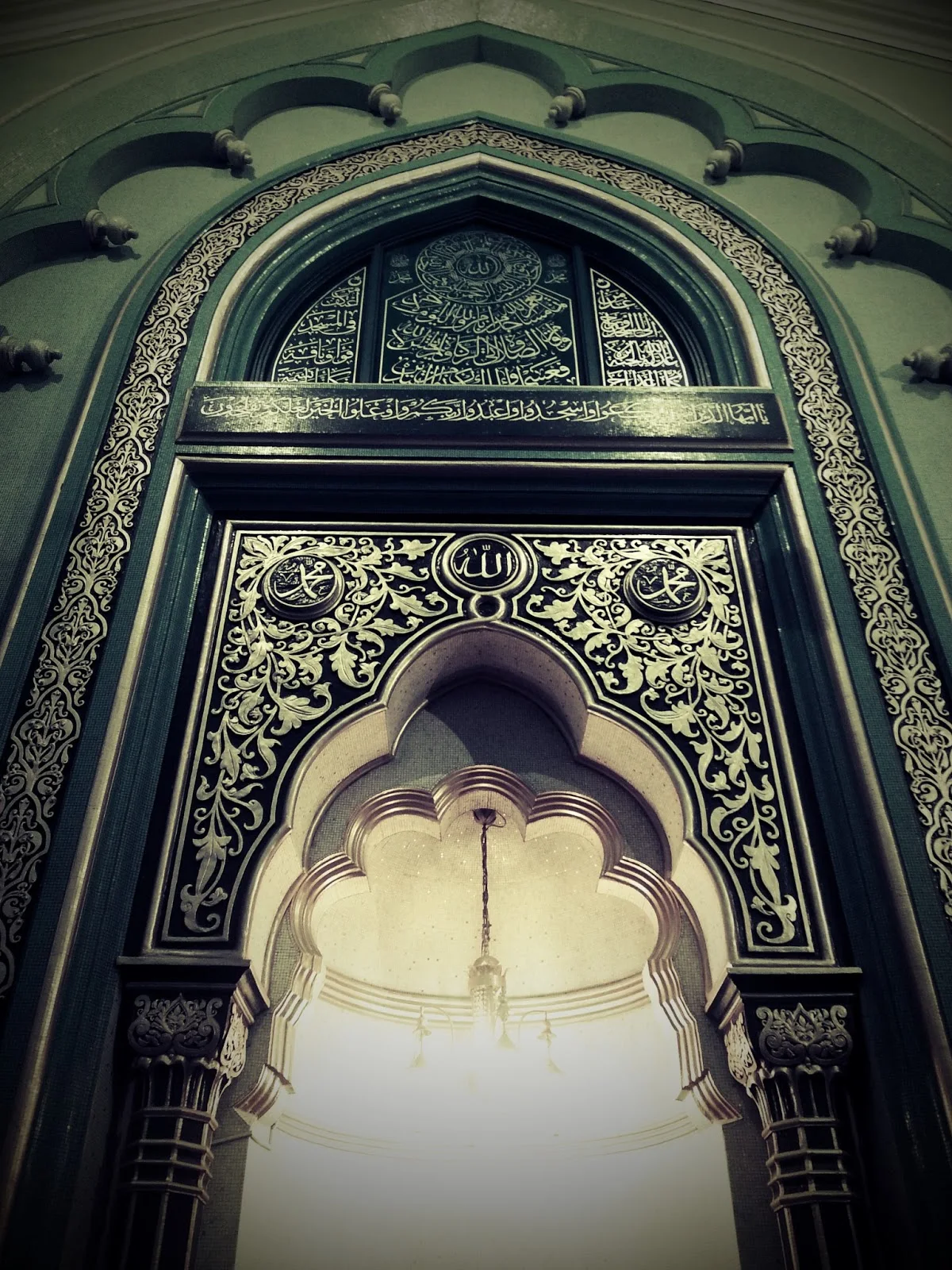
The heart, a vital organ and
essential in its role of pumping blood in the human body is considered, since
ages, as the seat of feelings. This is certainly due to the fact that the heart
rate increases with emotions. Indeed, love is symbolized by a heart! The heart
is small but can contain vast emotions like the ocean. Over the centuries, an
infinite amount of expressions in different languages have been linked
to heart; expressions associated with emotions (e.g. with a good heart, with
all my heart, with rage in the heart), courage (e.g. having one’s heart in the
stomach – French Expression “avoir du coeur au ventre”), others in
which a loved one is designated (e.g. my little heart, my heart), the inner
life (e.g. speaking from the heart), or even the memory (e.g. learning by
heart). In our local Creole language there can also be found: Lekér sale (dirty heart), Lekér roche (having a stone in place of the heart),Lekér fermal (a wounded heart), Lekér l’or (a golden heart/ a heart of
gold)...
The heart is also a great
symbol related to many interpretations, including: The dwelling of faith and of
knowledge, understanding, thinking, feelings etc. The heart is described by
scientists as the king of organs; it is the seat of the sincerity of a person,
without which none of his actions are accepted.
Several hadiths explicitly
cite the supremacy of the heart. The Holy Prophet (pbuh) said: “Surely
there is in the body a small piece of flesh; if it is in good condition the whole
body is in good condition, and if it is corrupt the whole body is corrupt and
that is the heart.” (Bukhari). He (pbuh) also said: “Surely
Allah does not look at your bodies nor your faces but He looks at your hearts.” (Muslim).
Wabisah Ibn Ma’bad (ra)
said: “I once went to the Messenger of God (pbuh) and he said:"
“Have you come to inquire about virtue (good)?”
“Yes,” I replied, and he said: “Ask your heart. Virtue is that which contents the soul and comforts the heart,
and sin is that which causes doubts and perturbs the heart, even if people
pronounce it lawful and give you verdicts on such matters again and again.” (Musnad
Ahmad)

















.JPG)


.JPG)

